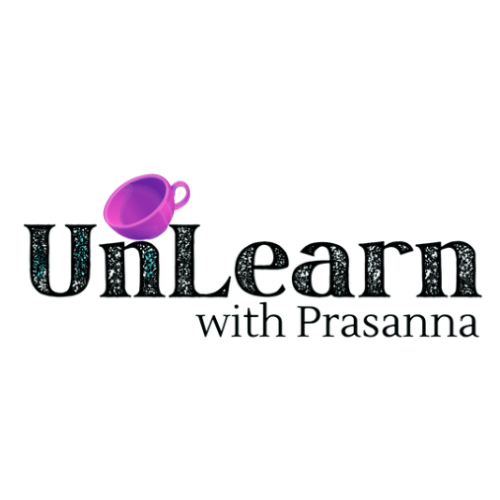Empty Your Cup : Active Listening
Have you ever found yourself in a conversation where, instead of truly listening, you’re mentally preparing your next argument? Or perhaps you’re filtering what the other person is saying through a lens of preconceived notions? You’re not alone. It’s a common human tendency. We all agree that authentic listening is key to understanding and connecting deeply with others. But the question is, how can we master this skill?
Stephen Covey once said, “Most people do not listen with the intent to understand; they listen with the intent to reply.” This wisdom illuminates one of our biggest communication pitfalls. Many of us focus on superficial listening techniques - maintaining eye contact, nodding at the right moments, jotting down notes. While these actions can display interest, they don’t necessarily foster understanding.
The ancient wisdom of a Zen monk serves as a poignant metaphor here. When the monk kept pouring tea into an already filled cup, he taught his disciple that an overflowing mind, laden with beliefs and prejudices, cannot grasp new knowledge. For us, this translates to shedding our mental filters and preconceived notions, and truly ‘emptying our cups’ when we listen. Let’s delve into three strategies that can help us develop this habit.
- Cultivate Mindfulness:
Just as a gardener tills the soil before planting seeds, we must prepare our minds before we can absorb others’ perspectives. Mindfulness allows us to remain present, receptive, and free from judgment during conversations. Start with a simple mindfulness practice, such as focusing on your breath or the sounds around you, to cultivate a state of presence.
2. Practice Empathy:
Empathy is the cornerstone of genuine listening. By seeking to understand the speaker’s perspective without superimposing our interpretations, we create a safe space for open dialogue. Empathetic listening requires us to acknowledge and validate the speaker’s experiences, emotions, and perspectives, even if they differ from our own.
3. Challenge Your Assumptions:
Our past experiences, biases, and beliefs can color our interpretation of what others say. By consciously challenging these assumptions, we can strive for objectivity and open-mindedness in our conversations. When listening, remind yourself that your interpretation is not the absolute truth but merely one perspective shaped by your unique experiences.
Incorporating these strategies into your interactions can help you ‘empty your cup,’ making room for fresh perspectives and deeper understanding. This approach to listening not only enhances your relationships but also enriches your personal growth by continually expanding your horizons. So the next time you find yourself in a conversation, remember to pour out your preconceived notions and open your mind to the enriching experience of authentic listening.

Member discussion